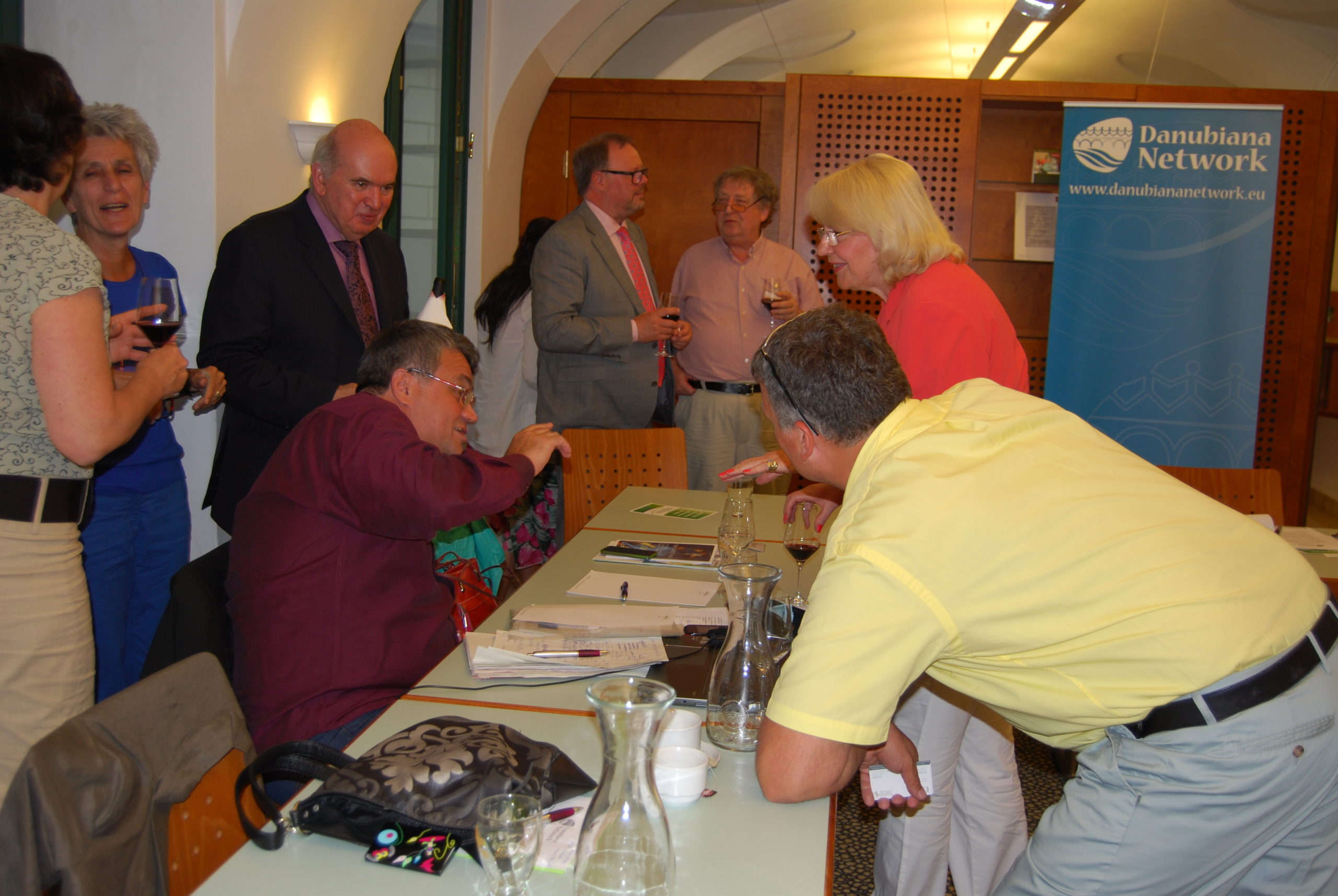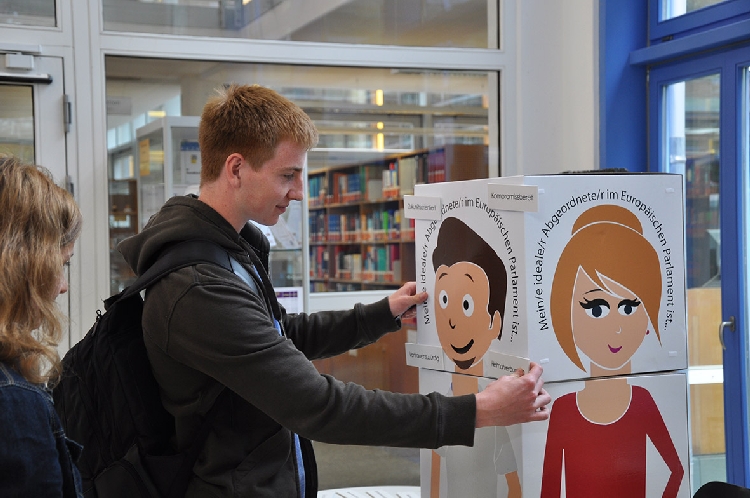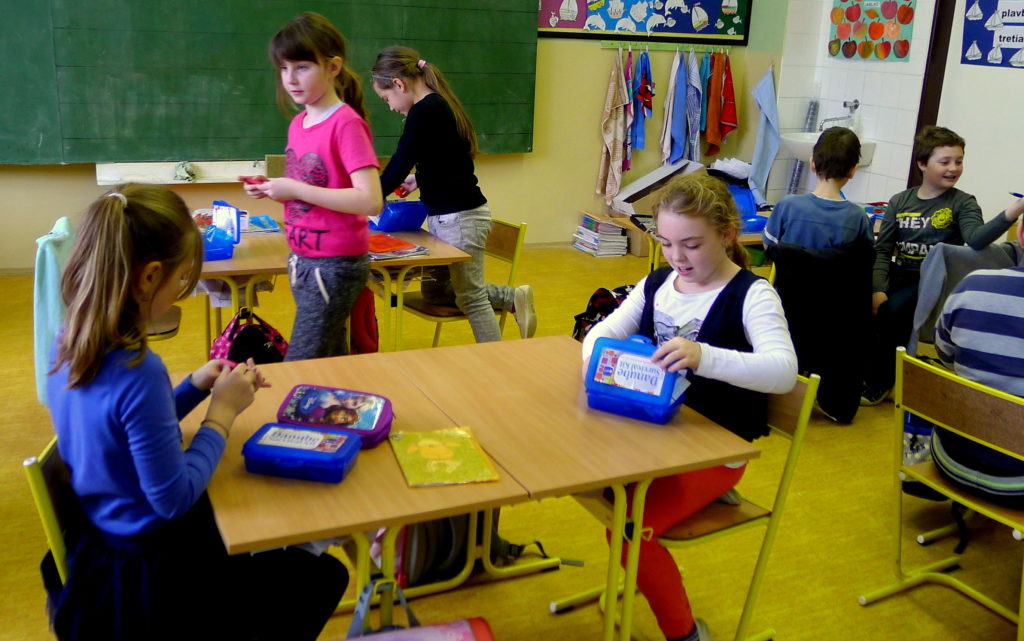Building Bridges of Democracy 2
The EU Strategy for the Danube Region (EUSDR) adopted in 2011 is a new policy field. Civil society involvement in its implementation is strongly encouraged. The previous, first phase of the “Building Bridges of Democracy” project contributed to the elaboration of the EUSDR and produced a civil Danube strategy with concrete proposals for follow-up actions.

As the EUSDR has entered into a pilot phase of implementation in the 14 states of the Danube region, the objective of the current, 2nd phase of the “Building Bridges of Democracy” project is to contribute by means of civil society organisations from 9 countries to the successful implementation of the EUSDR.
Project activities
During the project a number of programmes are organised to increase the visibility and public understanding of the EUSDR: kick-off event in Budapest, annual meeting of the Danubiana Network in Vienna during the 3rd Annual Forum of EUSDR, street action in Bratislava and final evaluation session in Brussels. Other programme elements include a 9-country monitoring of implementation of the EUSDR on national level, a 2-week volunteer exchange programme, the holding of Danube classes in schools with the use of an educational kit, promoting participation at the EP elections by identifying the profile of an ideal MEP, and a research work on Danube identity vis-à-vis European identity. The project seeks to compare experience and share best practices of the EUSDR and the EU Baltic Sea Strategy through a study trip to Sweden. By the end of the project the Danubiana Network, an open and inclusive framework for civil society organisations will have members and supporters in all the 14 countries of the Danube macro-region.

The European Council conclusions on added value of macro-regional strategies (October 2013) and the report from the European Commission concerning the governance of macro-regional strategies (May 2014) serve as important reference points for the project.

Project duration: 18 months (1 September 2013 – 28 February 2015).
The project should be seen in the context of the European Year of Citizens 2013 and the European Parliamentary elections in 2014 with the ultimate objective of promoting active European citizenship.
